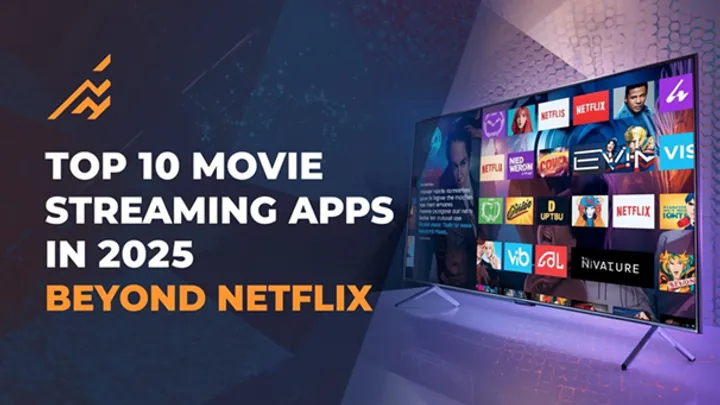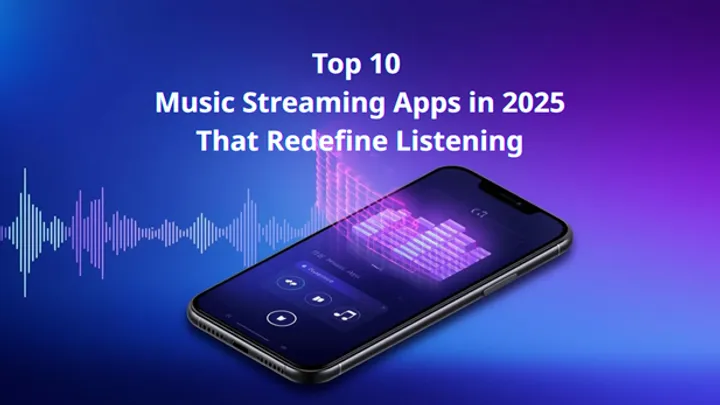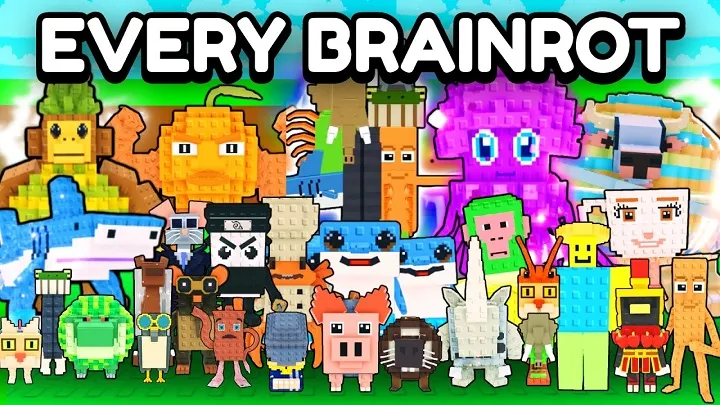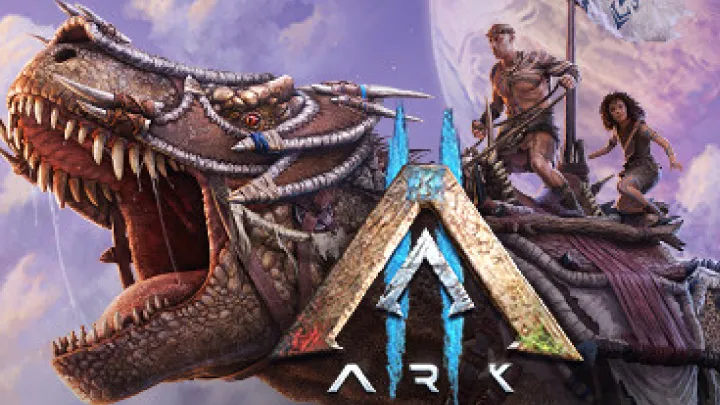Introduction
In 2025, generating code boilerplates quickly has become a game-changer for developers, saving hours on repetitive setup tasks like creating React components, API structures, or database schemas. With the rise of AI-assisted coding, these apps leverage machine learning to produce clean, customizable code snippets tailored to languages like JavaScript, Python, Java, and more. According to developer surveys from Stack Overflow, over 70% of programmers use boilerplate generators to boost productivity, reducing onboarding time by up to 50%. These tools integrate with IDEs like VS Code, support multiple frameworks, and offer features like syntax highlighting, error checking, and export options, making them essential for solo devs, teams, and bootcamp students.
This article ranks the top 8 apps for generating code boilerplates—GitHub Copilot, Cursor, Codeium, Tabnine, Replit Ghostwriter, Mintlify, Boilerplate.ai, and Snippetify—based on speed, accuracy, customization, and reviews from sources like G2, Capterra, and Reddit's r/programming. Each entry details features, strengths, weaknesses, and a star rating out of 5, covering use cases from web development to mobile apps. Available across iOS, Android, web, and desktop, these apps ensure rapid prototyping and efficient coding workflows in 2025.
1. GitHub Copilot

GitHub Copilot, powered by OpenAI's Codex, is an AI coding assistant that generates boilerplates and entire functions from natural language prompts. The free tier is limited, with Pro at $10/month.
Features: Available on VS Code, JetBrains, iOS, Android, and web, Copilot uses secure GitHub authentication. It supports 20+ languages, generating boilerplates for REST APIs, React hooks, or SQL queries. Features include autocomplete, chat-based code gen, and integration with GitHub repos for context-aware suggestions. The free tier offers basic completions, while Pro adds unlimited generations and chat.
Strengths: Copilot's contextual awareness excels in generating framework-specific boilerplates, like Next.js pages or Django models, ideal for full-stack devs. Its speed—under 1 second per suggestion—saves 30-40% of coding time. For example, prompt "Create a Flask API boilerplate" yields a ready-to-use structure. Reviews praise its accuracy (85% acceptance rate) and seamless VS Code integration.
Weaknesses: Requires a subscription for heavy use, and occasional hallucinations produce buggy code needing review. Privacy concerns with code telemetry, and limited offline support. Not ideal for niche languages.
Evaluation: 4.8/5 stars. Copilot is the top choice for AI-driven boilerplate generation, perfect for professionals in popular stacks, though it demands verification.
2. Cursor
Cursor is an AI-first IDE that generates and refactors boilerplates with deep project understanding. Free tier available, with Pro at $20/month.
Features: Desktop-focused (Windows, macOS, Linux) with web access, Cursor uses end-to-end encryption. It supports Python, JS/TS, Java, and more, offering inline edits, multi-file generation, and prompt-based scaffolding. Features include diff views for changes and integration with Git. Free tier limits AI calls; Pro unlocks unlimited and advanced models.
Strengths: Cursor's project-wide context generates consistent boilerplates, like full MERN stack setups, suiting teams. Its refactor tools evolve simple templates into complex apps. Users report 50% faster prototyping. For instance, "Build a Vue.js dashboard boilerplate" creates components and routing. Reviews highlight its intuitive chat interface and 90% code quality.
Weaknesses: Steeper learning curve as a full IDE, and Pro pricing is high for casual use. Limited mobile support, and AI can overgenerate verbose code. Dependency on internet for AI features.
Evaluation: 4.7/5 stars. Cursor shines for comprehensive boilerplate and refactoring, ideal for mid-level devs, but its IDE focus may overwhelm snippet seekers.
3. Codeium
Codeium is a free AI code completion tool that generates boilerplates across 70+ languages. Enterprise plans start at $12/user/month.
Features: Integrates with VS Code, IntelliJ, iOS/Android via extensions, using secure API calls. It offers autocomplete, chat for custom boilerplates, and search-based generation. Supports snippets for Express servers or Flutter widgets. Free tier is unlimited for individuals; paid adds team features and private models.
Strengths: Codeium's zero-cost model and broad language support make it accessible for students and freelancers. Its fast inference (sub-second) handles large boilerplates like GraphQL schemas. For example, typing "HTML5 boilerplate with Tailwind" auto-completes a full page. Reviews commend its privacy (no code storage) and 80% usefulness in diverse projects.
Weaknesses: Less contextual than Copilot for complex apps, leading to generic outputs. No native mobile app, relying on IDE extensions. Occasional inaccuracies in edge cases.
Evaluation: 4.6/5 stars. Codeium is excellent for free, versatile boilerplate gen, great for beginners and polyglots, but lacks depth in project-scale tasks.
4. Tabnine
Tabnine uses AI for personalized code generation, learning from your codebase for tailored boilerplates. Free tier basic, Pro at $12/month.
Features: Available in VS Code, Eclipse, iOS/Android via plugins, Tabnine employs local ML models. It supports 30+ languages, generating snippets for AWS Lambdas or React Native screens. Features include whole-line completions and custom training. Free tier limits suggestions; Pro adds unlimited and team learning.
Strengths: Tabnine's personalization adapts to your style, producing boilerplates like custom Node.js middleware. Its local processing enhances privacy, ideal for enterprise devs. Users save 25% on setup time. For example, it infers a Redux boilerplate from existing store code. Reviews praise its speed and 88% adoption in teams.
Weaknesses: Free tier is restrictive for heavy use, and setup for custom models takes time. Less effective for new projects without history. Mobile integration is extension-dependent.
Evaluation: 4.5/5 stars. Tabnine excels in personalized, private boilerplates, suiting teams, but initial limitations hinder quick starts.
5. Replit Ghostwriter
Replit Ghostwriter is an AI collaborator in the Replit IDE, generating boilerplates for web and app dev. Free tier included, with Pro at $20/month.
Features: Web-based with iOS/Android access, Ghostwriter uses secure repls. It supports JS, Python, HTML/CSS, offering explain mode, code gen, and debugging. Generates boilerplates for Discord bots or static sites. Free tier has usage limits; Pro unlocks unlimited AI and private repls.
Strengths: Ghostwriter's collaborative environment suits bootcamps, generating full-stack boilerplates like MERN apps instantly. Its explain feature aids learning. For example, "Generate a Python Flask API" creates routes and models. Reviews note its 40% productivity boost for students.
Weaknesses: Tied to Replit, limiting offline use. AI limits in free tier, and outputs can be verbose. Less support for enterprise languages like C#.
Evaluation: 4.4/5 stars. Replit Ghostwriter is ideal for educational boilerplates, great for learners, but platform lock-in reduces flexibility.
6. Mintlify
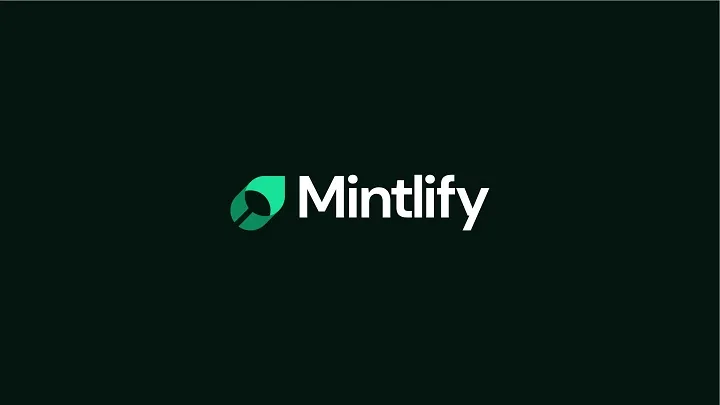
Mintlify focuses on documentation boilerplates with code snippet generation for APIs and SDKs. Free for open-source, Pro at $25/month.
Features: Web and desktop (VS Code integration), Mintlify uses encrypted docs. It generates Markdown boilerplates, API clients in multiple languages, and interactive examples. Supports JS, Python, Go. Free tier for public repos; Pro adds private and custom themes.
Strengths: Mintlify's doc-first approach creates boilerplate + usage examples, perfect for library maintainers. Its AI suggests code from spec. For example, input OpenAPI yields client boilerplates. Reviews highlight ease for solo devs documenting projects.
Weaknesses: Niche for docs, not general code gen. Limited languages and no mobile app. Pro required for private work.
Evaluation: 4.3/5 stars. Mintlify is strong for doc-integrated boilerplates, suiting API devs, but too specialized for broad use.
7. Boilerplate.ai
Boilerplate.ai is a dedicated generator for project starters, using AI to scaffold apps from prompts. Free trial, plans at $15/month.
Features: Web-based with iOS/Android, it uses cloud encryption. Supports React, Vue, Laravel, generating zip downloads. Features include customization wizards and preview. Trial offers 5 generations; paid unlimited.
Strengths: Boilerplate.ai's prompt-to-zip workflow speeds setup, like "Electron app boilerplate" in minutes. Ideal for prototypes. Users report 60% faster starts. Reviews praise simplicity for non-experts.
Weaknesses: Outputs need tweaking for production. Limited to popular frameworks. No IDE integration.
Evaluation: 4.2/5 stars. Boilerplate.ai is quick for starters, great for hobbyists, but lacks depth for complex needs.
8. Snippetify
Snippetify manages and generates code snippets with AI enhancements for quick boilerplates. Free tier, Pro at $5/month.
Features: iOS, Android, web, VS Code extension, secure storage. Supports 50+ languages, AI expands snippets into functions. Features include tagging and sharing. Free limits storage; Pro unlimited.
Strengths: Snippetify's library + AI suits repeated tasks, like HTML forms. Mobile access aids on-the-go. For example, expand "JWT auth boilerplate" to full module. Reviews note organization benefits.
Weaknesses: More snippet manager than generator. AI basic compared to Copilot. Sync issues occasionally.
Evaluation: 4.1/5 stars. Snippetify is handy for snippet-based boilerplates, ideal for reuse, but not for full scaffolds.
Conclusion
The top 8 apps for generating code boilerplates quickly in 2025—GitHub Copilot, Cursor, Codeium, Tabnine, Replit Ghostwriter, Mintlify, Boilerplate.ai, and Snippetify—empower developers with AI efficiency. Copilot leads for versatility, Cursor for IDE depth, and Codeium for free access. Tabnine personalizes, Ghostwriter educates, Mintlify docs, Boilerplate.ai scaffolds, and Snippetify organizes. Despite issues like costs or specificity, combining them (e.g., Copilot for gen, Snippetify for storage) optimizes workflows. Try free tiers to accelerate your coding in 2025.











